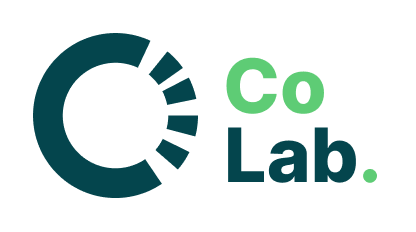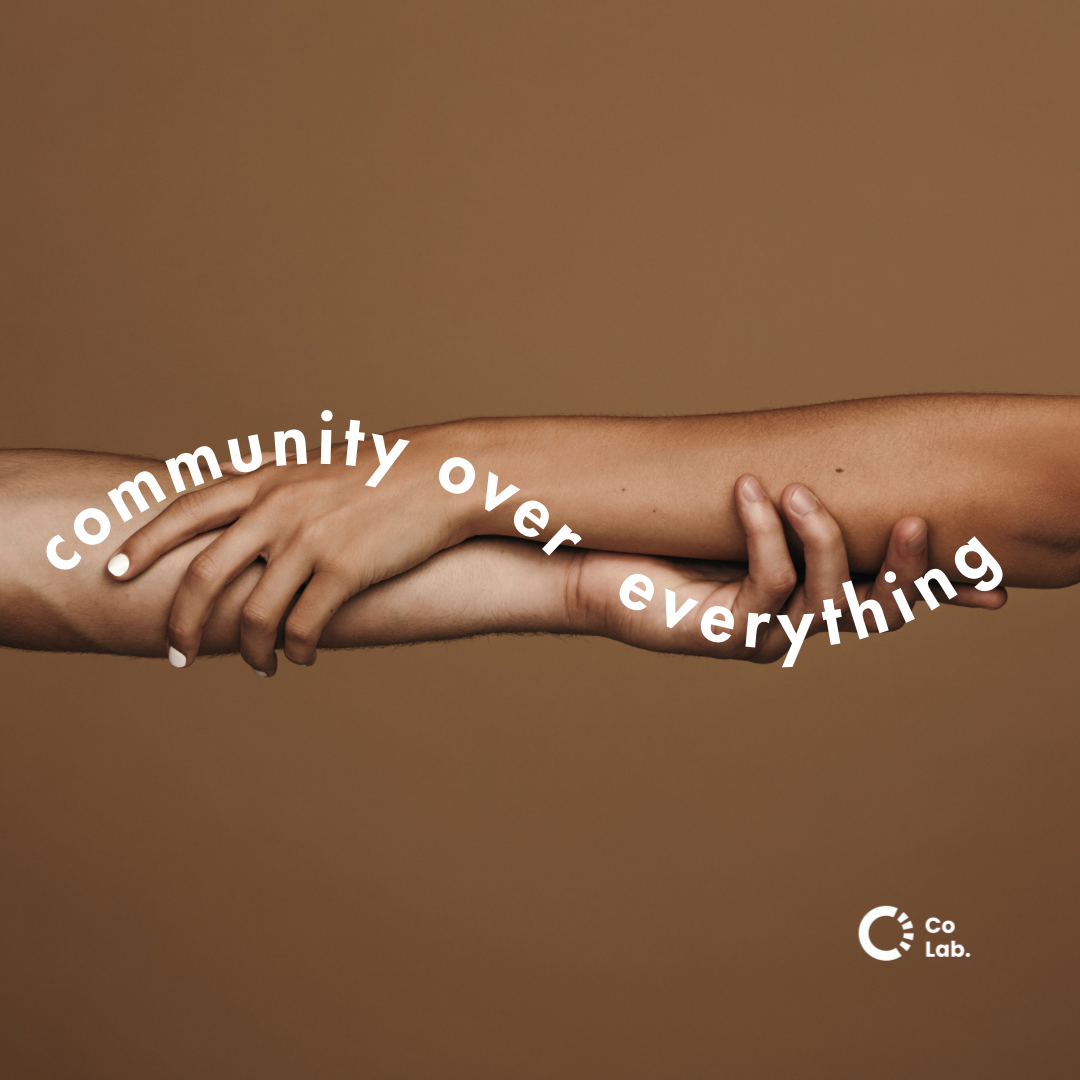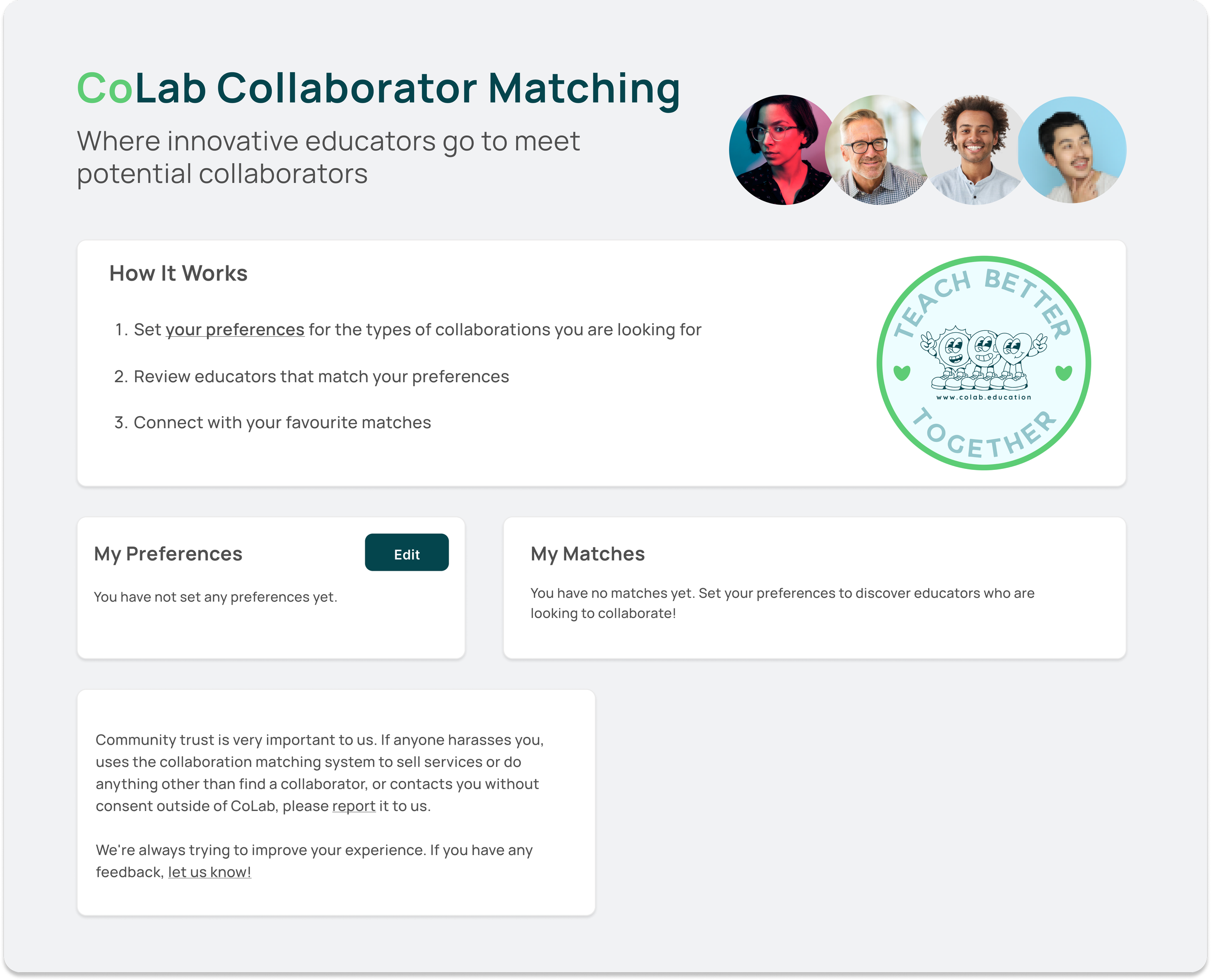The Collaboration Gap: Why Equitable Teacher Support Drives School Culture
Teacher engagement and retention is a critical issue facing schools today. Even if teachers aren’t leaving your school and many are applying to your open positions, you may still have an issue with engagement. This reality is hitting schools hard, everywhere.
Engaged educators are more likely to create a positive and productive learning environment. When teachers are enthusiastic, motivated, and passionate about their subject matter, students are more likely to be engaged and motivated to learn.
- Edutopia
One powerful way to improve engagement and retention is by providing equitable access to teacher collaborators. These collaborators can take various forms, including mentors, co-teachers, professional learning community members, and instructional coaches.
Here are six ways this approach can boost teacher engagement and retention:
#1 Personalized Professional Development
Teachers are increasingly demanding opportunities to learn from their peers rather than watching training videos or listening to presenters who haven't been in a classroom for years. By connecting with teacher collaborators, educators can engage in personalized, relevant professional development that directly addresses their needs and challenges.
We need to differentiate PD just like we differentiate our learning for students. All teachers don't need the same thing at the same time. First administrators need to ask us what we are looking for. Then they need to offer us time, resources and tools to put it into action
- Anonymous Teacher
#2 Tapping Into School Community Expertise
Many teachers feel their own school community is an untapped resource for professional growth. Providing equitable access to collaborators within the school allows educators to leverage the expertise and experience of their colleagues. This not only improves teaching practices but also strengthens relationships and school culture.
Sharing with actual classroom teachers is always the best PD
- Anonymous Teacher
#3 Expanding Networks Beyond School Walls
While internal collaboration is valuable, teachers also express a desire to connect with educators outside their immediate school environment. Equitable access to collaborators should include opportunities to work with teachers from other schools, districts, or even regions who align with their specific needs and interests. Developing a system to help teachers find and connect with these collaborators is crucial.
CoLab has you covered here!
We are currently developing the first collaborator matching tool just for teachers. Join CoLab today and be the first to be notified when we launch this new feature 🚀🚀🚀🚀
JOIN COLAB TODAY
#4 Ongoing Support and Feedback
Unlike one-off workshops, teacher collaborators can provide continuous support and feedback. This ongoing relationship allows for deeper learning, implementation of new strategies, and refinement of teaching practices over time. The sustained nature of these collaborations contributes significantly to teacher growth and job satisfaction.
The only way I have learned how to be a better teacher is through relationships. Relationships with my principal, my colleagues, and even teachers I have met on social media and at conferences. Turns out the deeper our connection, the more I learn, the more I try and the more I grow.
- Anonymous Teacher
#5 Addressing Diverse Needs
Equitable access to collaborators means ensuring all teachers, regardless of experience level, subject area, or school location, can find appropriate support. This might involve pairing new teachers with experienced mentors, connecting rural educators with virtual collaborators, or facilitating subject-specific professional learning communities.
My current school has such a low yearly cap on reimbursement for workshops and conferences. I haven't done outside PD in over 15 years (aside from some that were provided with grants)
- Anonymous Teacher
#6 Fostering Teacher Leadership
By participating as collaborators themselves, experienced teachers can take on leadership roles without leaving the classroom. This opportunity for growth and recognition can be a powerful retention tool, allowing veteran teachers to share their expertise while continuing to work directly with students.
School leaders impact culture. Culture is was dictates so much about a school. Teaching is a tough job and when there are leadership structures in place to support teachers, everyone wins.
- Anonymous Teacher
Implementing equitable access to teacher collaborators addresses many of the barriers and incentives identified in research on professional development. It provides flexible scheduling, reduces costs associated with external trainers, and offers the peer support that teachers value highly. Additionally, it aligns with findings that teachers are more likely to participate in professional development activities when they are formally offered and integrated into their work schedules.
To maximize the impact of teacher collaborations, schools and districts should consider:
👉 Creating dedicated time within the school day for collaborative activities
👉 Developing systems to match teachers with appropriate collaborators based on their needs and interests have
👉 Providing training and support for teachers who take on collaborative leadership roles
👉 Recognizing and incentivizing participation in collaborative professional development
By prioritizing equitable access to teacher collaborators, schools can create a culture of continuous learning and support that not only improves teaching practices but also increases job satisfaction and teacher retention. This approach taps into the wealth of knowledge within the education community while providing the personalized, relevant professional development that teachers are seeking.








